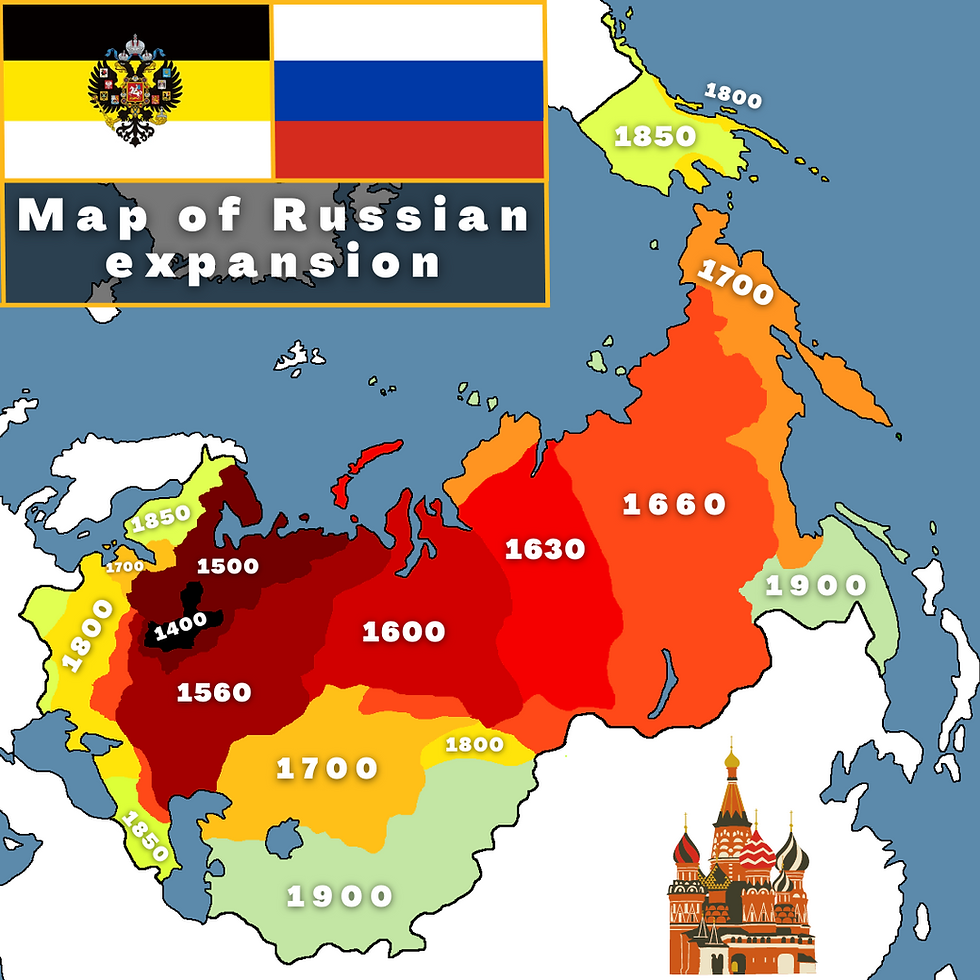Occupation of France (1815-1818)
- hunmapper

- May 16, 2021
- 2 min read
Updated: May 17, 2021
The Treaty of Paris was signed on 20 November 1815 after Napoleon was once again defeated and his Hundred Days of restored rule came to an end. According to the treaty, 150,000 foreign troops occupied France.

Before the Treaty
In February 1815, Napoleon had escaped from the island of Elba (he was exiled to the island a year before) and entered Paris in March starting a period known as The Hundred Days (les Cent-Jours). The European powers were shocked by Napoleon's return and decided to put 150,000 men each into the field to end his rule. This set the stage for the last conflict in the Napoleonic Wars, the defeat of Napoleon at the Battle of Waterloo, the second restoration of the French kingdom, and the permanent exile of Napoleon to the island of Saint Helena
The Treaty of Paris (1815)
The 1815 treaty had more punitive terms than the treaty of 1814. France was forced to pay 700 million francs as compensation, and the country's borders were reduced to their 1790 level. France was to pay additional money to cover the cost of providing additional defensive fortifications to be built by neighboring Coalition countries. Under the terms of the treaty large parts of France were occupied by up to 150,000 soldiers for five years, with France covering the cost; however, the Coalition occupation under the command of the Duke of Wellington was only deemed necessary for three years and the foreign troops pulled out in 1818
(+) Act on the neutrality of Switzerland
The Swiss Confederation had been internationally recognized as an independent neutral state at the Peace of Westphalia in 1648. During the Napoleonic Wars Switzerland failed to remain neutral, as some cantons had been annexed into other states and, under French influence, the Act of Mediation was signed and the Swiss Confederation was replaced by the more centralized Helvetic Republic, which was allied to France. With the fall of Napoleon Bonaparte in 1814, the cantons of Switzerland started the process of constructing a new, less centralized constitution.
On 20 March 1815, at the Congress of Vienna, the European powers (Austria, France, Great Britain, Portugal, Prussia, Russia, Spain, and Sweden) agreed to recognize permanently an independent, neutral Switzerland, and on 27 May Switzerland acceded to this declaration.
However, during Napoleon's Hundred Days the Seventh Coalition suspended the signing of the Act of Acknowledgement and Guarantee of the perpetual Neutrality of Switzerland until after Napoleon Bonaparte was defeated (this allowed Coalition forces to pass through Swiss territory). So with Article 84 of the Final Act of the Congress of Vienna dated 20 November 1815, the four major Coalition powers (Austria, Great Britain, Prussia and Russia) and France gave their formal and authentic acknowledgment of the neutrality and independence of Switzerland.





Comments